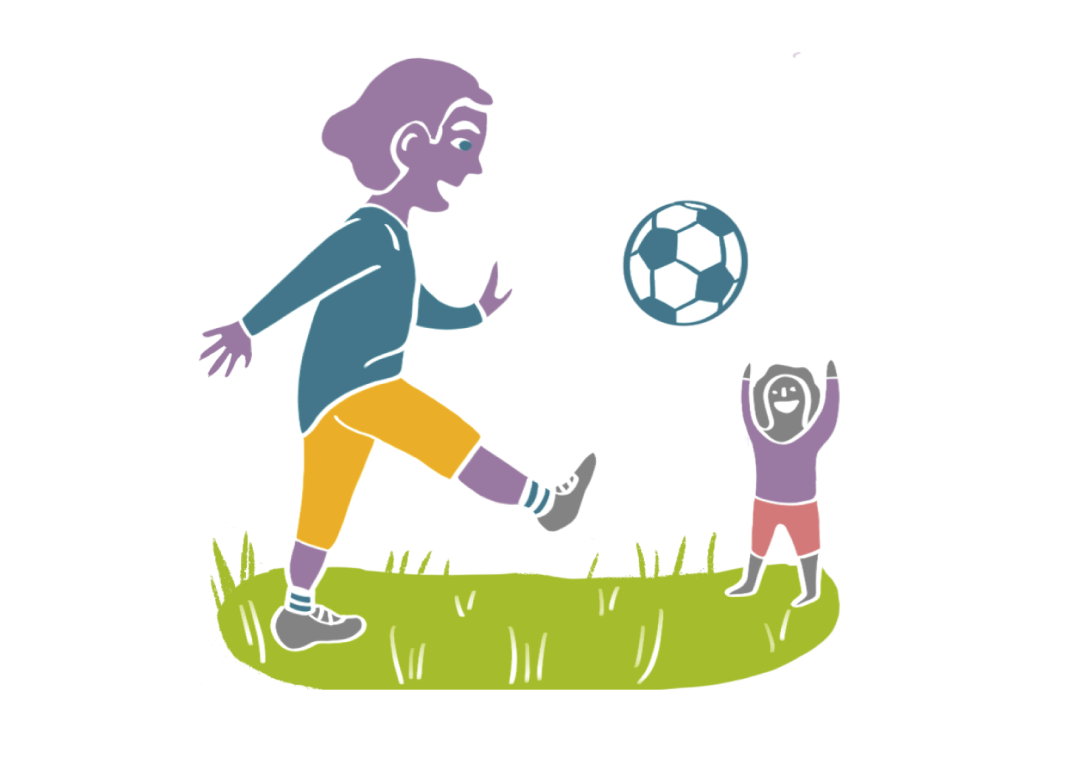The rights of the child
All services for children and families are based on legislation. The Finnish law takes into account common, internationally agreed principles. The most important of these for children is the UN Convention on the Rights of the Child.

The rights of the child are the starting point for the provision of public services, support and assistance for families. The rights of the child also affect our perceptions of parenting, family and upbringing.
The Convention on the Rights of the Child assumes that parents or legal guardians have the primary responsibility for the upbringing and development of the child. Society, however, must make efforts to support parents and guardians in this task. Families need to be offered the help they need at an early stage.
Convention on the Rights of the Child
Each child is entitled to a good, safe childhood. All children have the right to grow up and attend school, as well as play and participate. Every child is also entitled to protection and care. All the children’s rights are set down in the United Nation’s Convention on the Rights of the Child. The Convention is a generally accepted understanding of the rights of all children regardless of their background, such as nationality, religion or family wealth. The Convention applies to all children under 18 years of age.
Almost every country has adopted the Convention. In Finland, the Convention on the Rights of the Child became law in 1991. The Convention is legally binding, so it obligates states, municipalities, authorities, children’s parents and other adults just like other laws. Together with the Convention on the Rights of the Child, Finland’s national laws protect children’s rights. Finnish legislation has a number of laws, according to which children must be treated equally as individuals, and responsibility for all children must be taken equally.
Laws support the Convention on the Rights of the Child
The Convention on the Rights of the Child is as binding as law. States, municipalities, parents of children and other adults must abide by the Convention.
In addition to the Convention, children’s rights are protected by Finnish laws. Finland has a number of laws, according to which children must be treated equally as individuals
The best interests of the child is most important
The best interests of the child must be the primary consideration for all decisions concerning the child. It may be difficult to define the best interests of the child because people may have very different ideas about what would be beneficial for the child. A child’s best interests does not necessarily mean that decisions and solutions are always what a child or their parents would like. The child’s opinion is important when weighing up the best interests, but the child’s opinion and the child’s best interests are not necessarily the same thing.
The child may participate
An important principle for the best interests of the child is that the child may be involved in dealing with and planning matters that concern them. The issues, which are about to be decided and why, must be adequately explained so that the child can form and express their own view. Everyone, including the child, is always entitled to participate in handling of their own affairs. There is no age limit. The child and their opinions and wishes are heard so that their age and level of development are taken into account. For example, a small child’s feelings can be clarified by observing their behaviour or play. The workers must be able to explain the matters to an older child so that the child is able to understand them.
A child aged 12 or over has the right to be heard in many matters. The right to be heard means that a child’s opinion must be taken into account in matters concerning them in the same way as adults’ opinions. The fact that the child participates in the handling of issues that concern them does not mean that the child has the power to decide. It is the adults’ duty to decide and be responsible for the decisions.
